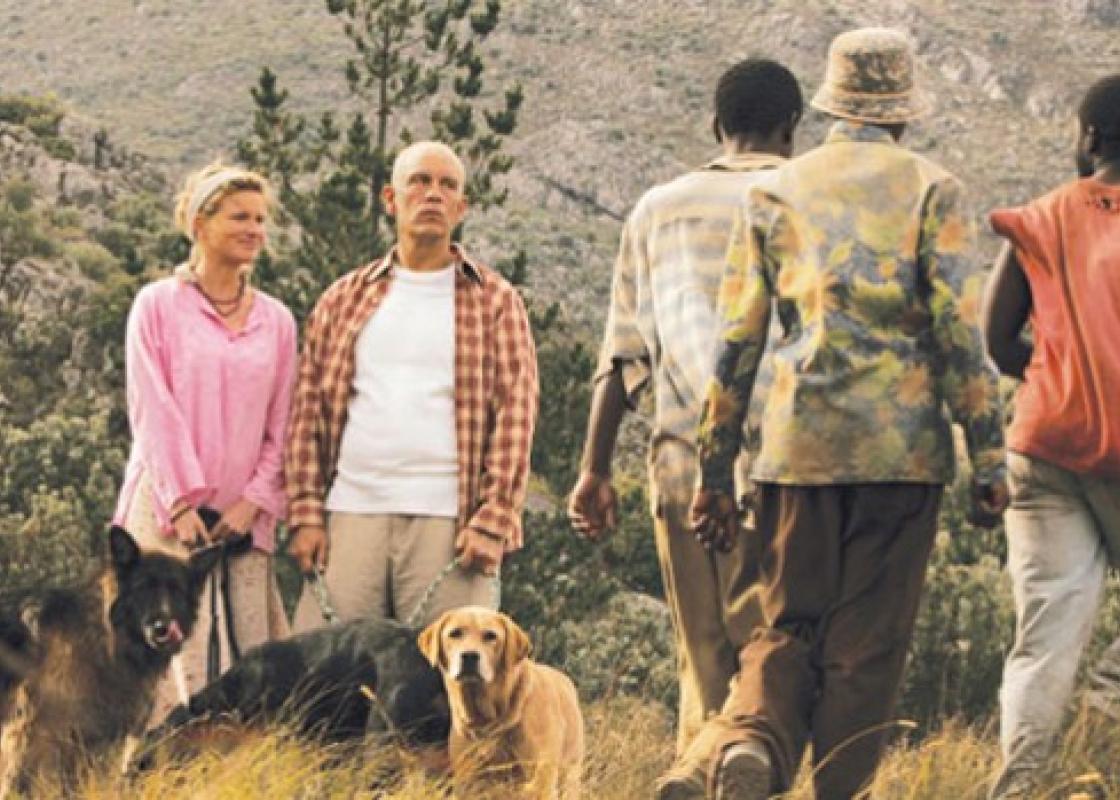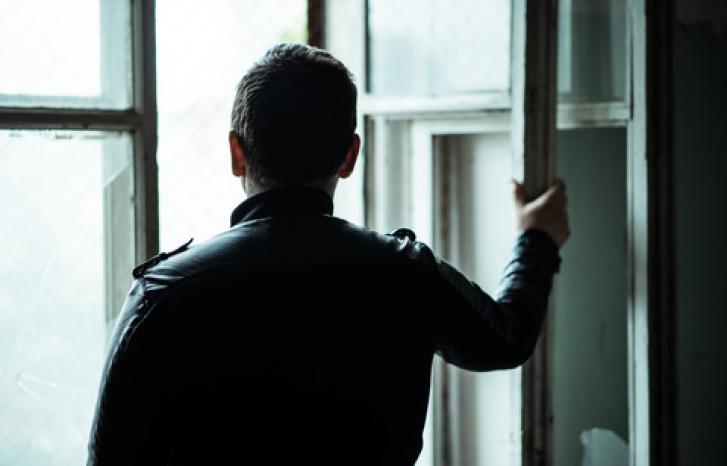The protagonist in Disgrace, David Lurie, is a 52-year-old, divorced professor of literature. His life takes an abrupt turn when a student accuses him of sexual harassment. David will not admit he has done anything wrong, and his refusal to confess and apologize costs him his job. He moves from Cape Town to the rural Eastern Cape Province where his daughter, Lucy, has a small farm and works with animal welfare. One day three black men break into the house. They knock David unconscious and rape Lucy.
A distressed David implores Lucy to report the crime, get a doctor to document her injuries and move from the place where she obviously is not safe. But Lucy, who becomes pregnant from the rape, will not fight back – quite the contrary. She does not go to the police and decides to keep the child. Later she marries her neighbour, who did nothing to help her when she was attacked, in order to gain his protection. In return, Lucy must surrender her land to the neighbour as a dowry.
A nation-building myth
Coetzee’s novel Disgrace was published in 1999, five years after Nelson Mandela was elected president of the new South Africa, often called the “Rainbow Nation”. Many readers interpreted the novel as a symbolic description of and protest against post-apartheid society, which invoked vehement reactions. Groups such as the ANC, the governing political party, accused Coetzee’s novel of spreading racist stereotypes.
“The myth of black men’s sexual aggression towards white women has influenced legislation and ideology in South Africa since the 1800s. It played a crucial role in the development of the apartheid state, especially the laws and regulations that prohibit interracial sexual relations. White women’s sexuality is a kind of symbolic frontier post between the races,” says literary scholar Tonje Vold, who recently defended her dissertation entitled At the Heart of Coetzee. Reading the Echoes of the Truth Commission, the “Poethics” of Rape, and the Significance of South Africanness in J. M. Coetzee’s Novels 1997-2002 at the University of Oslo.
“The fact that Coetzee gave this myth such an integral role in a novel published in 1999 was upsetting to many people,” explains Vold.
A symbol or an experience?
Coetzee himself has refused to answer the charges of racism, except for once when he wrote that Disgrace has to be read “on its own terms, as a work of fiction, not as a message in disguise”. Vold points out that Coetzee has previously called black men’s rape of white women the ultimate colonial nightmare in South Africa, and emphasizes that the author’s choice of such an incendiary topic is by no means unconsidered.
“He knows what he is doing when he brings up this issue,” she says.
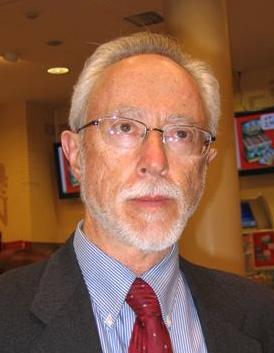
Vold believes that one reason many readers interpreted the novel as an attempt to portray the conditions in post-apartheid South Africa is that we are used to interpreting rape as a symbol and not as an experience.
“The rape of Lucy is interpreted as an allegory of how whites are treated in a country where blacks have the power, not as an assault against an individual,” says Vold. In her view, this is connected in part with the symbolic significance that rape has had in South Africa, but she asserts that rape myths have been a part of western culture since Antiquity. This is also described in Disgrace. In one scene David contemplates a painting in the tradition known as heroic rape imagery. The painting depicts the “Rape of the Sabines”, when the Sabine women were abducted and raped by the early Romans. Later these women intervened as peacemakers between the Roman and Sabine men. The rapes are portrayed almost as heroic deeds – thanks to them, Rome was founded.
“The experience from the women’s point of view is not included in the narrative at all. It is easy to interpret the story about Lucy as part of this tradition. But as I see it, it is a crucial point that Coetzee’s text asks us to not stop our interpretation there,” says Vold.
A man’s view of rape
The experience of the victims does not come fully to light in Disgrace either. Instead the action is described from David’s perspective. The rape of Lucy takes place behind closed doors, and David – and thus the reader – never gets to know exactly what happened. Lucy’s motivation for acting as she does after the rape is never presented directly.
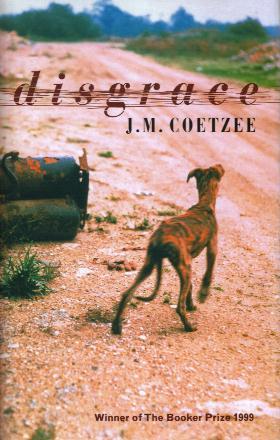
“On one level Lucy’s choice is almost incomprehensible, and surely upsetting to many readers. Interpreted symbolically, her capitulation seemed to be a statement that whites must accept violence and humiliation if they are to continue to live in South Africa. But on another level her choice could be interpreted to mean that, as a victim of rape, she was traumatized, afraid and despondent. She does what she does in order to regain a sense of security she has lost as well as to reach her overall goal of remaining on the farm and continuing her work,” says Vold. Coetzee’s novel shows how rape inflicts shame on the victim. Lucy has no good choices, but she makes a choice anyway.”
Neither does the reader get to hear the story from the perspective of Melanie, the black student who reports David for sexual harassment after the two have been together several times and had sex. The narrative states she is exhausted after what David perceives to be an affair. David describes one of their sexual interludes as “not rape, not quite that, but undesired nevertheless, undesired to the core”. When a university committee confronts him with Melanie’s accusation of sexual harassment, he feels he has been treated unfairly.
“There is a huge contrast between David’s sorrow and shock over what happens to Lucy and the consideration he shows her, and the cynical way he treats Melanie. In the beginning it does not seem that David connects these two events, but this changes during the course of the novel. Towards the end he offers something that resembles an admission of guilt about his relationship with the student,” explains Vold.
Black women cannot be raped
According to Vold, David’s double standard can be related in part to notions about race and the view of black women as objects. The Eastern Cape, where most of the action occurs, has historically been the site of border disputes between the Xhosa people and white settlers. The blacks came as slaves from here to the Western Cape, which had a large population of black women and white men. In this community, black women had no protection against sexualized violence.
“By definition they could not be raped because they were not autonomous subjects, but things. While white men had relationships with slaves and other non-white women, the white women were only available for white men. In this way they attained a symbolic value in the colony. In 1951 the “Immorality Act” was passed, which prohibited sexual relations across races. But it was sex between black men and white women that was seen as a threat,” says Vold.
During an inner monologue, after he discovers that Lucy’s rapists have stolen his car, David complains that owning anything at all is a risk in South Africa, where there is too little of everything. To find meaning, one has to look at it as a circulation system, he says to himself, where what there is must be circulated so that “everyone can have a chance to be happy for a day”. “Cars, shoes; women too.”
“The semi-colon indicates that there is, after all, a difference between women and objects such as cars and shoes. Still, women are included in the group of objects that must be circulated so that everyone – that is, everyone except women – will be happy,” says Vold.
South Africa is an extremely violent society, with one of the highest rates of rape in the world. Tonje Vold points out, though, that it is black women who suffer the greatest incidence of rape. The rape of white women by black men comprises only a fraction of all the sexualized violence.
Male desire and ethics
Before striking up a relationship with Melanie, David has bought sex on a regular basis from the “exotic”, in other words non-white, prostitute Soraya. David’s relationship with this woman, which in the beginning is strikingly instrumental and unaffectionate, runs as a recurrent theme through the book.
“Disgrace is a study of male desire from an ethical perspective. It raises issues such as: What is desire? Do we need to set boundaries for desire, and if so, how? What is the difference between passion and affection, and can a person feel both at the same time?” Vold explains.
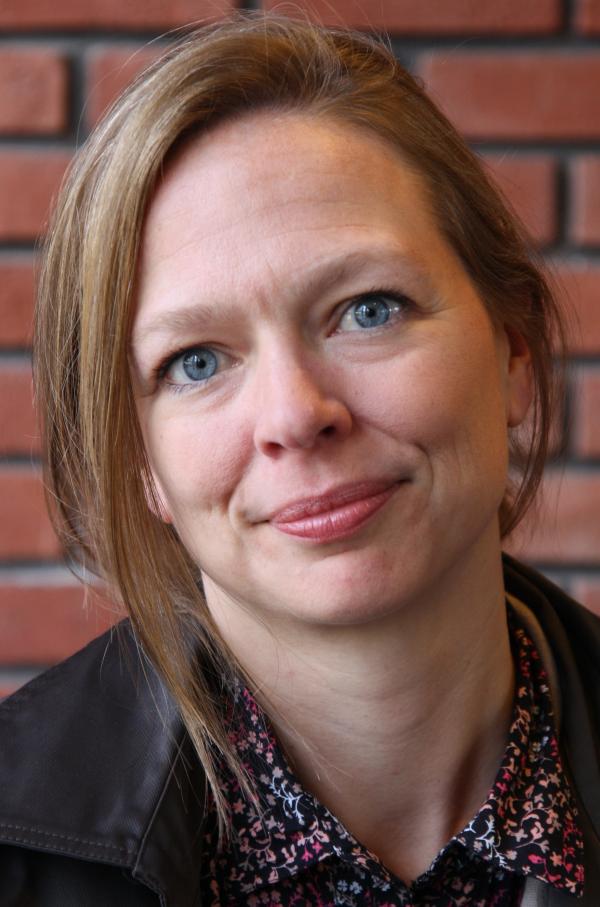
During the university committee’s hearing on Melanie’s case, David feels that the committee members are not only demanding a confession and explanation, but also a sign that he is genuinely sorry. David, who wants a purely legal process, responds to them by describing his desire for Melanie in hyperbolic, poetic language, which angers the committee.
“Coetzee asks here: Is it possible to verbalize desire? And should processes intended to restore justice infiltrate therapeutic and private areas? Is it possible to force a genuine apology?” Vold sums up. She interprets the hearing on David’s behaviour as an echo of the Truth and Reconciliation Commission, which was meant to lay the foundation for a new, reconciled South Africa in the 1990s by gathering extensive testimony from both victims and perpetrators during the apartheid era.
A glimmer of hope
David undergoes a transformation, from legitimizing rape incited by his own desire to having sexual relations with a woman he does not desire because he cares for her. Towards the end of the novel David’s empathy grows for the animals he helps to care for in the Eastern Cape.
“Many readers are disturbed by the fact that David’s feelings of empathy and identification with others are awakened by animals rather than people. But I believe that Coetzee, through David’s relationships with animals, is trying to say something about the body as the centre of ethics. The bodily sphere is not dependent on status, and we are obliged to try to ease the suffering of all bodies. In other words, one cannot have an instrumental relationship with either animals or people. In this I see a glimmer of hope for Coetzee’s new South Africa,” says Vold, who emphasizes that the author is not known for sending clear, normative messages.
“Disgrace has many layers, and is more investigative than conclusive. Coetzee has a keen eye for everything that is imbued with a double standard and inconsistency, and he is more interested in posing questions than in giving clear answers,” Vold concludes.
Translated by Connie Stultz
Vold, Tonje: At the Heart of Coetzee. Reading the Echoes of the Truth Commission, the ”Poethics” of Rape, and the Significance of South Africanness in J. M. Coetzee’s Novels 1997-2002. Departement of Literature, Area Studies and European Languages, University of Oslo, 2010.
